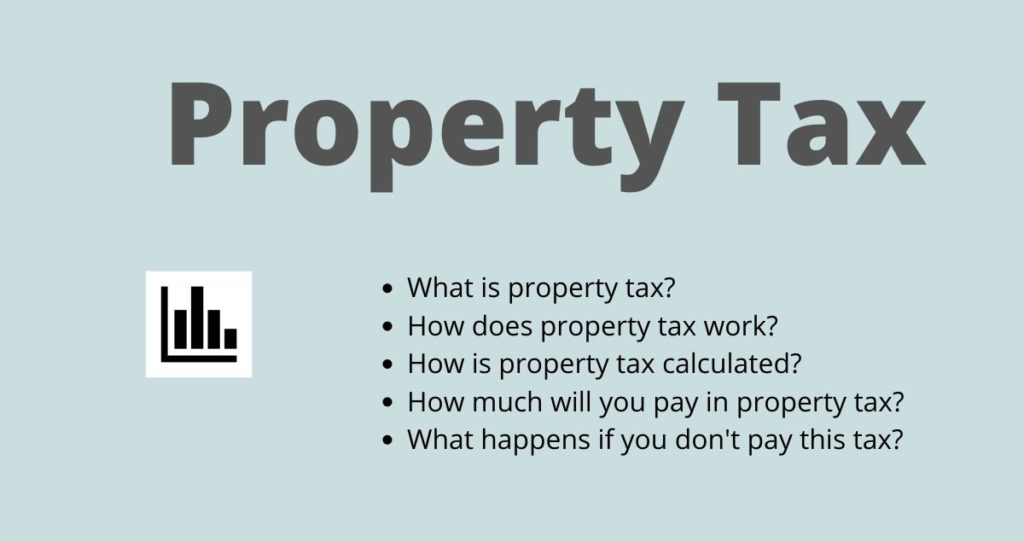What is property tax?
Property tax is a tax paid by the owner of the property to the local government or state where the house is built, according to Smart Asset. The location of the property and its value will dictate the tax. This tax varies from one state to another.
What are property taxes based on?
Your property tax regulations come from your local government or the state. Property taxes depend on two main factors: (1) the value of the property and (2) the location of the property.
- Value of the property: The more expensive the house gets, the higher the property taxes.
- Location: The location plays an important role when estimating property taxes. Expensive homes are usually located in high-end locations such as class A and B locations. These locations will have the best schools, infrastructure such as roads, public transportation, etc. As a result, the local government will charge homeowners a fortune in property taxes.
>>MORE: Property Tax Assessment & Assessed Value
How does the property tax works?
The location of the house and its value will determine its property tax. When you have a house its location will always be the same. However, the market value of the house will increase or decreases due to appreciation and depreciation. To make sure that you do not pay more or less money in property taxes; the local government will conduct the property tax assessment once every year. Sometimes the assessor can perform the assessment every five years or once between 1 and 5 years.
To determine the property tax at which the home will be based, the assessor will rely on the assessed value of the house and its market value. Once these two values are estimated the assessor will calculate the assessment ratio. According to the financial dictionary, the assessment ratio is the ratio between the assessed value of a property to its market value. The assessed value will be the value of the house estimated by an assessor.
The value of the house that will be used for tax purposes will be the market value of the house multiplied by the assessed ratio.
Why do property taxes increase?

Your property tax will go up due to one thing: appreciation. The appreciation of an asset means that its value went up over time. One way houses appreciate is through a natural appreciation where a person buys and holds a house for a long time. So, when you buy a house, its value will increase over time and this appreciation will increase its property tax.
It is also possible to cause an appreciation of the property through renovations. This appreciation is known as a forced appreciation since it occurs in a short time due to improvements made to the house. A forced appreciation will increase your property tax.
How much will I pay in property taxes?
As noted by the Wallet Hub, Americans pay on average $2,375 in property taxes. Your property tax will vary from one state to another. At the same time, the tax will change based on the location in the state or city where you live. The value of the house will also impact your property tax greatly. The more expensive the house is, the more tax you will pay.
Why do I pay property tax?
The tax you pay on the house does not go into someone’s pocket. The local government must maintain all infrastructure such as roads, bridges, schools, hospitals, transportation, fund public projects such as parks, etc.
All these projects require a lot of money and the only way the government can afford them is through taxation. For this reason, without paying property taxes, many projects in your area would not be completed.
What happens if you don’t pay property tax?
Paying property taxes is the responsibility of every homeowner no matter who they are or where they live. For this reason, avoiding property taxes will lead you into legal matters that can cost you the house.
As noted by Nolo, the tax authority can put a lien on the house or sell it to satisfy the outstanding tax balance. Because property taxes raise a serious issue, most mortgage lenders include taxes on borrowers’ monthly payments.
If you fail to pay property taxes and it is not included in your mortgage payments; your lender could cover it and bill you later. Should you fail to reimburse the lender? The lender can legally take the house from you through foreclosure. Keep in mind that your lender may add charges and fees for not paying your taxes.









